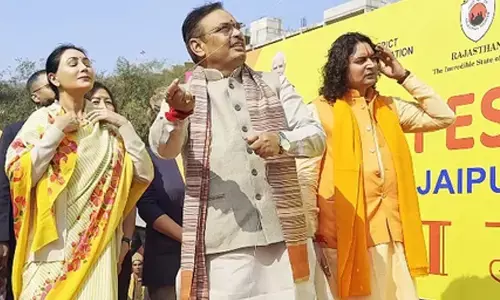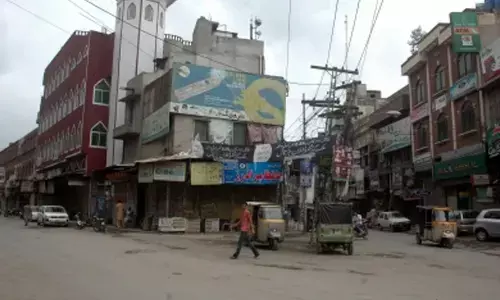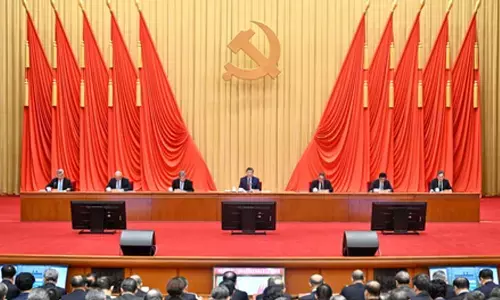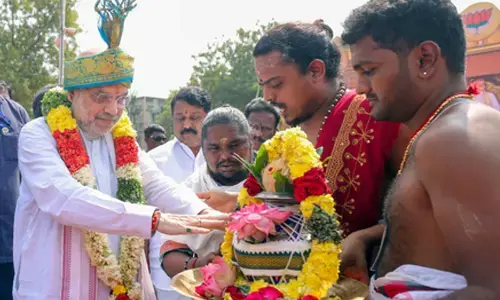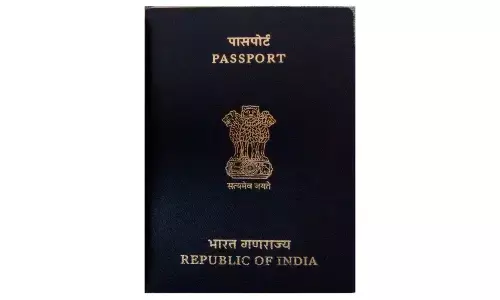Generic drugs
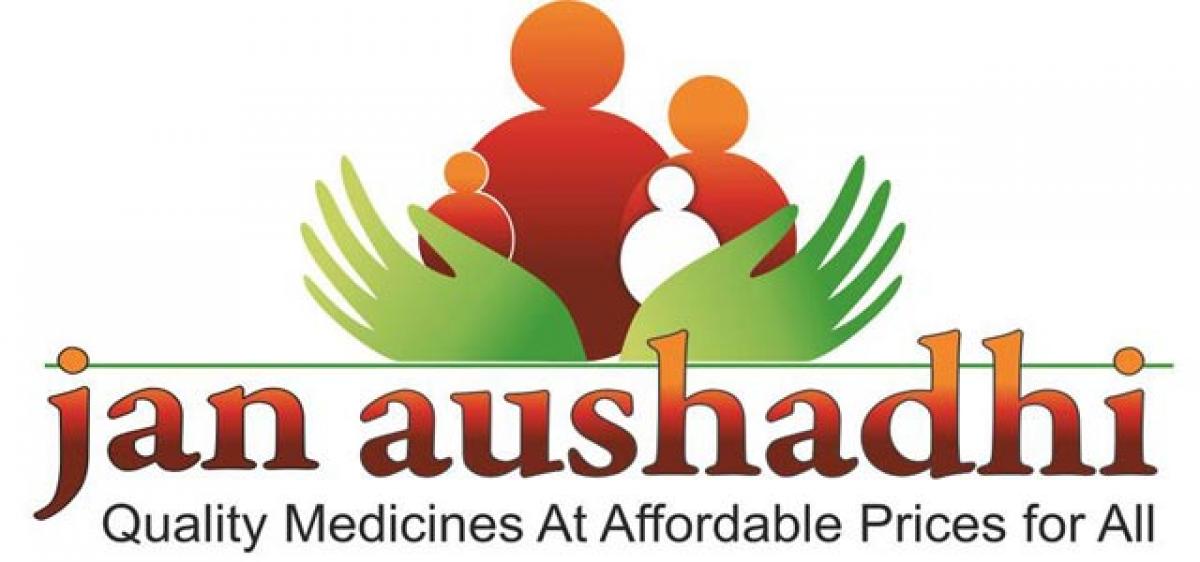
The Central government is targeting launch of 3,000 Pradhan Mantri Bhartiya Janaushadhi Kendras (PMBJKs) to sell generic drugs across the country March 2017. Generic medicines are unbranded medicines which are equally safe and having the same efficacy as that of branded medicines in terms of their therapeutic value. The prices of generic medicines are much cheaper than their branded equivalent.
The Central government is targeting launch of 3,000 Pradhan Mantri Bhartiya Janaushadhi Kendras (PMBJKs) to sell generic drugs across the country March 2017. Generic medicines are unbranded medicines which are equally safe and having the same efficacy as that of branded medicines in terms of their therapeutic value. The prices of generic medicines are much cheaper than their branded equivalent.
Till recently only medicines manufactured by CPSUs were being supplied to Jan Aushadhi Stores. Since CPSUs are not able to make supply of all the 361 medicines proposed to be supplied to JAS, procurement of medicines which the CPSUs are not able to supply are being made from the private manufacturers.
However, a generic drug can only be marketed after the brand-name drug's patent has expired, which may take up to 20 years after the patent holder’s drug is first filed with the US Food and Drug Administration (FDA). Term of every patent in India is 20 years from the date of filing of patent application. At present, there are 777 PMBJKs.
As only 40% of the population is able to avail branded medicines whereas the remaining 60% are deprived of it due to poverty and other reasons, the PMBJKs will provide affordable quality medicine to all citizens, under PMBJP which is an initiative of the Department of Pharmaceuticals, Ministry of Chemicals and Fertilizers. The objective is making quality medicines available at affordable prices for all, particularly the poor and disadvantaged.
India started began encouraging generic drug manufacturing by Indian companies in 1960s. The Patents Act 1970 removed composition patents, but kept process patents, which were shortened to a period of five to seven years. The resulting lack of patent protection created a niche in both the Indian and global markets that Indian companies filled by reverse-engineering new processes for manufacturing low-cost drugs.
Public Health being a state subject, the primary responsibility of providing improved access to generic drugs lies with the State/UT governments. Under the National Health Mission (NHM), financial support is provided to the States/UTs for provision of free generic drugs to those who access public health facilities. Under NHM, an incentive of up to 5% additional funding is provided to those states that implement policy and systems to provide free drugs to all those who access public health facilities.









